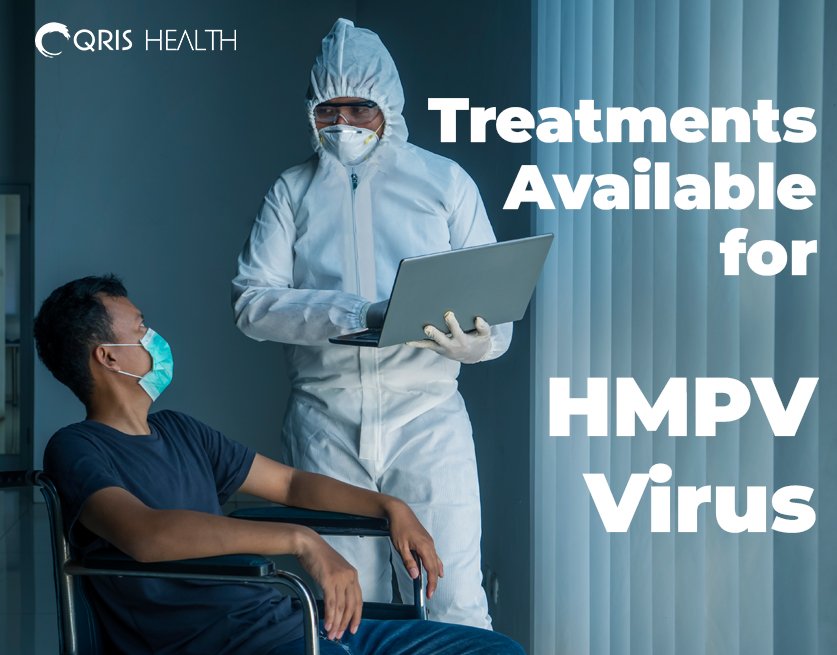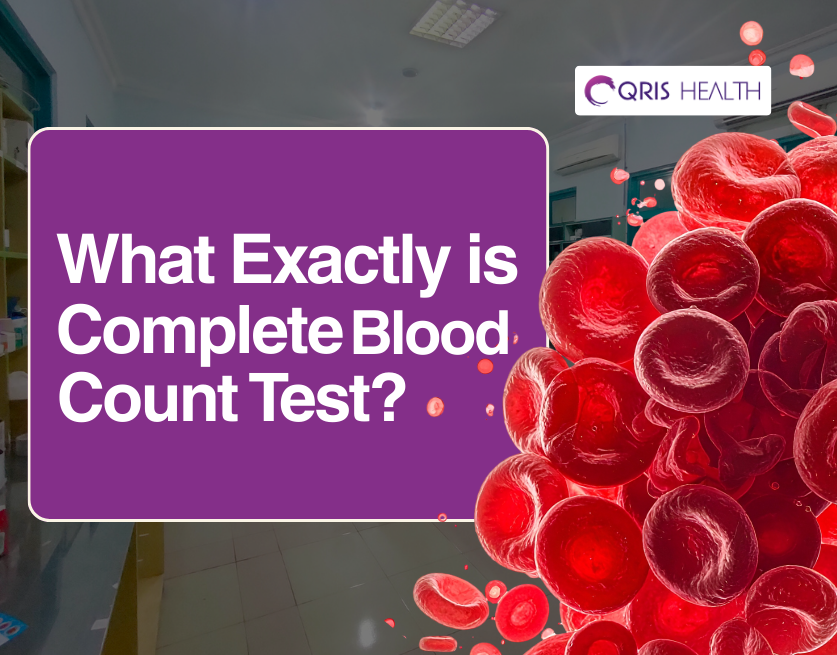Human Metapneumovirus (HMPV) is a respiratory virus, which constitutes a spectrum from cold-like symptoms to severe respiratory illnesses such as pneumonia. While it is similar to many other respiratory viruses such as RSV (Respiratory Syncytial Virus) and influenza viruses, HMPV is endowed with the specific features requiring its own management and treatment.
Understanding HMPV
This virus has the modes of spreading similar to those of a respiratory viral infection. Droplets produced in over ranging respiratory activities from infected individuals, along with contact with contaminated surfaces, and close interpersonal contact are some of ways of transmission. Changes in symptoms follow but can imitate common cold symptoms. However, severe cases will lead to complications such as bronchiolitis or even pneumonia. With no identifiable viral vaccine or antiviral therapy, treatment involves managing symptoms and preventing complications.
Diagnosis of HMPV
Diagnosing HMPV can be challenging as its symptoms overlap with other respiratory infections. Common diagnostic methods include:
1. Reverse Transcription Polymerase Chain Reaction (RT-PCR): This gold-standard test detects HMPV RNA in respiratory samples.
2. Antigen Detection Assays: These tests offer quicker results, helping to identify the virus promptly.
3. Imaging and Other Procedures: In severe cases, chest X-rays or bronchoscopy may be performed to assess lung involvement.
4. Symptom-Based Evaluation: Mild cases are often diagnosed based on symptoms and patient history.
Available Treatments for HMPV
Since no specific antiviral medications or vaccines are available for HMPV, treatment is supportive and depends on the severity of the infection.
Mild Cases:
For most individuals, HMPV causes mild, cold-like symptoms that can be managed at home. Key treatments include:
- Rest: Allow your body time to recover by avoiding strenuous activities.
- Hydration: Drink plenty of fluids to prevent dehydration.
- Over-the-Counter Medications:
- Pain relievers like acetaminophen or ibuprofen help alleviate fever and body aches.
- Decongestants and cough suppressants ease nasal congestion and cough.
Severe Cases:
Severe cases, especially those involving complications like pneumonia, may require hospitalization. Treatments in such settings include:
- Oxygen Therapy: Administered via a nasal cannula or mask to help with breathing difficulties.
- IV Fluids: Delivered directly into the bloodstream to maintain hydration and balance.
- Corticosteroids: Used to reduce inflammation in the airways, easing symptoms.
Addressing Secondary Infections:
Though antibiotics are ineffective against viruses, they may be prescribed to treat secondary bacterial infections, such as bacterial pneumonia.
Prevention of HMPV
Preventing HMPV revolves around practicing good hygiene and taking precautions to reduce exposure to the virus. Key measures include:
1. Hand Hygiene:
- Wash hands regularly with soap and water for at least 20 seconds.
- Use alcohol-based hand sanitizers when soap and water are unavailable.
2. Respiratory Etiquette:
- Cover your mouth and nose with your elbow when coughing or sneezing.
- Wear a mask if you're unwell to prevent spreading the virus.
3. Avoid Close Contact:
- Stay away from individuals showing symptoms of respiratory infections.
- Limit interaction with sick people, especially for those with weakened immune systems.
4. Clean and Disinfect:
- Regularly sanitize frequently touched surfaces like doorknobs, remote controls, and countertops.
5. Healthy Lifestyle:
- Maintain a balanced diet, get adequate sleep, and engage in regular exercise to strengthen the immune system.
Outlook and Prognosis
The majority of HMPV cases resolve within a week, although lingering symptoms like a cough may persist for longer. In severe cases, recovery might take several weeks, especially for individuals with underlying health conditions. Early medical intervention and supportive care are crucial for better outcomes.
FAQs
1. What are the symptoms of HMPV?
Common symptoms include fever, cough, nasal congestion, sore throat, and fatigue. Severe cases may result in difficulty breathing, wheezing, or bluish skin.
2. How is HMPV different from RSV or the flu?
While HMPV, RSV, and influenza share similar symptoms, they are caused by different viruses. Accurate diagnosis typically requires laboratory testing.
3. Is there a vaccine for HMPV?
Currently, no vaccine is available for HMPV. Research is ongoing to develop effective vaccines and targeted antiviral therapies.
4. Can HMPV cause severe illness?
Yes, HMPV can lead to severe respiratory illnesses like pneumonia or bronchiolitis, particularly in young children, the elderly, and individuals with compromised immune systems.
5. When should I seek medical attention for HMPV?
Contact a healthcare provider if symptoms persist beyond a few days, worsen, or include high fever, difficulty breathing, or bluish skin.
6. Can antibiotics treat HMPV?
No, antibiotics do not work against viruses. However, they may be prescribed for treating secondary bacterial infections.
7. How can I protect vulnerable individuals from HMPV?
Follow strict hygiene practices, limit exposure to sick individuals, and ensure a clean environment.
8. Are children more susceptible to HMPV?
Yes, children, especially those under five years old, are at a higher risk of severe symptoms due to their developing immune systems.
Read More
Understanding the Human Metapneumovirus (HMPV) - Is It Dangerous?
How to Treat HMPV Virus Infections
How to Prevent HMPV Virus Transmission
How to Identify HMPV Virus Symptoms
Understanding the Human Metapneumovirus (HMPV) and Its Symptoms
Who Is Most at Risk for HMPV Virus?
What is HMPV Virus?


 Health Risks of Inactive Lifestyle.jpg)
 Health effects of smoking.jpg)


